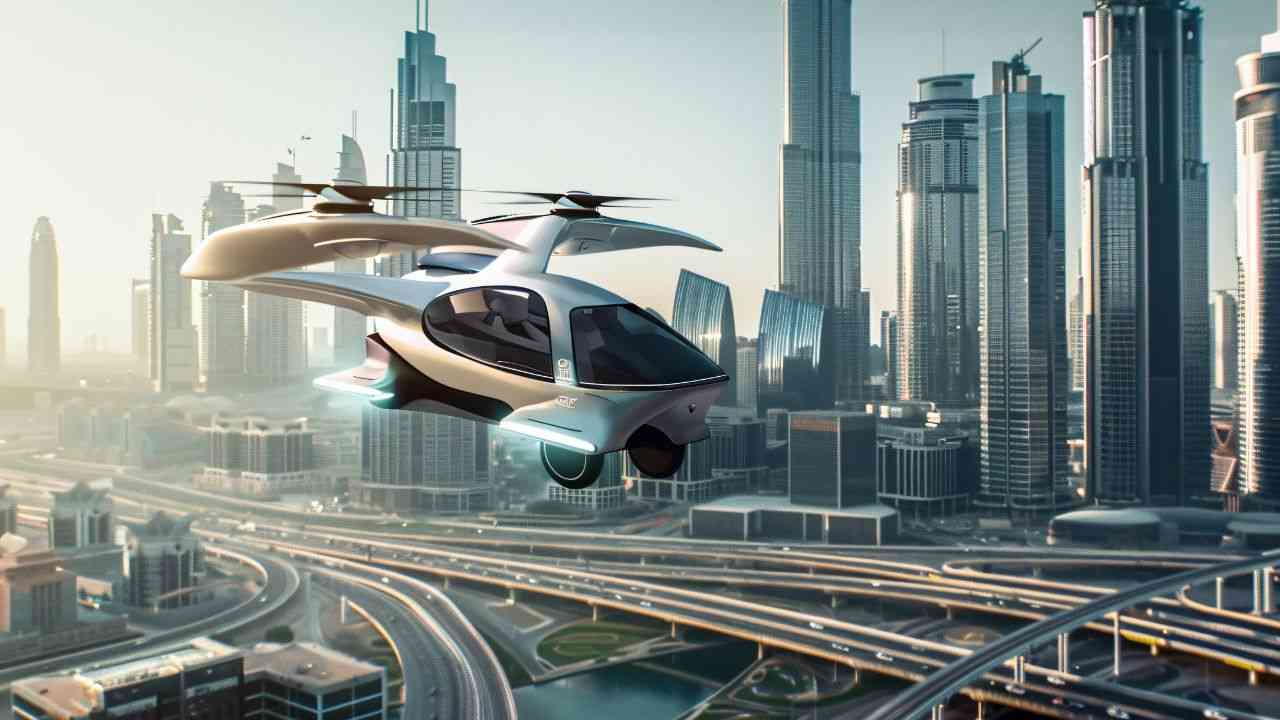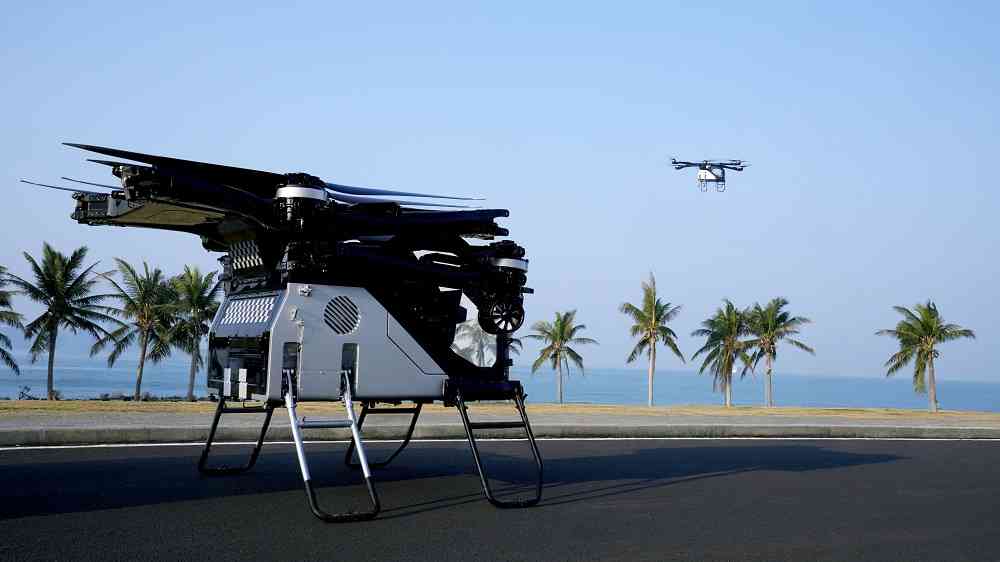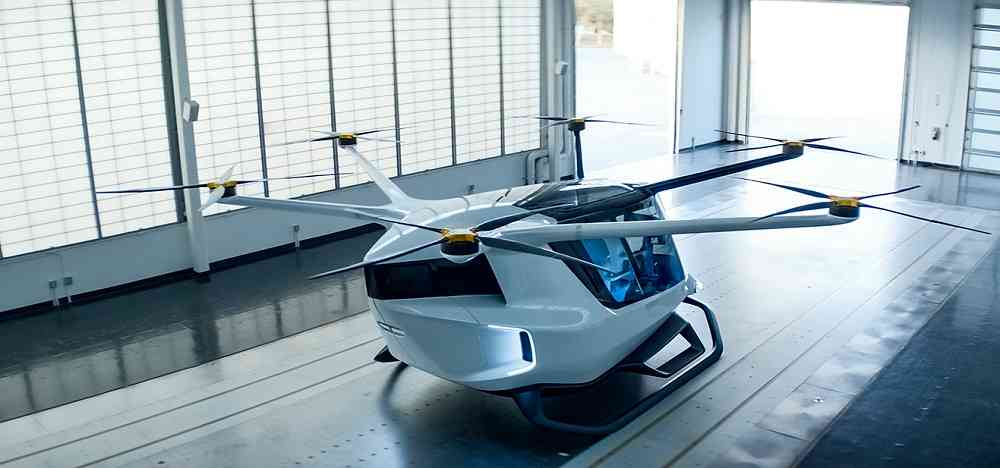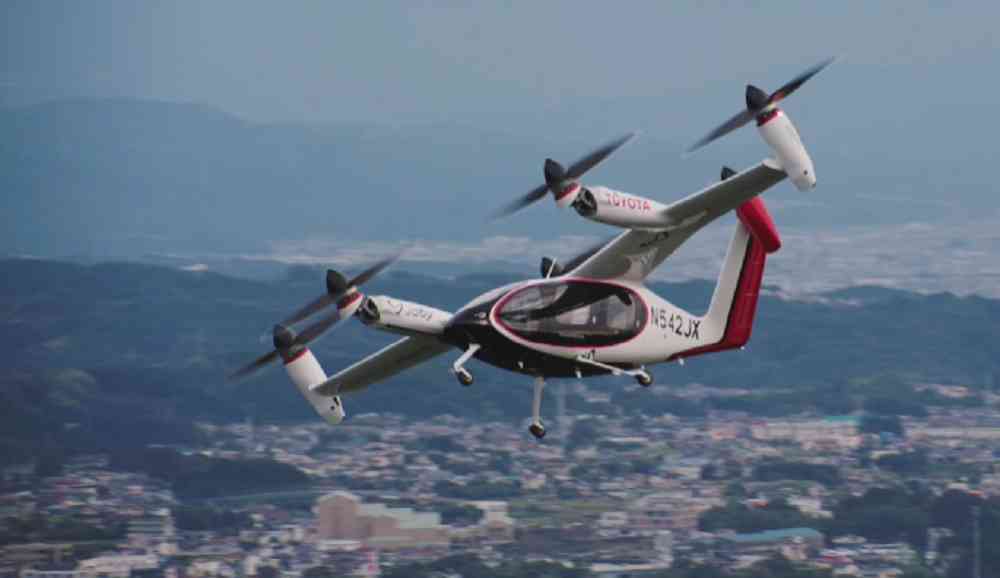 The Future of Traffic: Flying Cars Promise to Revolutionize Urban Mobility by 2030 (Freepik)
The Future of Traffic: Flying Cars Promise to Revolutionize Urban Mobility by 2030 (Freepik)
Several car brands are investing in the development of flying cars, or VTOL (Vertical Takeoff and Landing) aircraft, which will soon transform urban mobility.
These vehicles, ranging from drone-like helicopters to Batmobile-inspired models, are being developed by major manufacturers such as Porsche, BMW, and Toyota.
In 2022, Alef Aeronautics launched the first electric eVTOL, the “Model A,” and the first units of some of these models are expected to hit the market between 2026 and 2030.
Flying cars have advanced technology, including electric motors and innovative safety systems. Models like the Xpeng AeroHT, with its foldable helicopter stored in a large car, and the BMW Skai, powered by hydrogen and with a range of 640 km, are among the most promising.
Meanwhile, companies like Toyota and Honda are working on hybrid and high-speed concepts, promising to significantly cut travel time, with the Toyota Joby reaching speeds of up to 400 km/h.
Three of the most promising models include:
Xpeng AeroHT eVTOL
A foldable drone-like helicopter that fits into the trunk of a large car, set to be released in 2026, with a price below $300,000.
 Xpeng AeroHT eVTOL (X @XPENG_AEROHT)
Xpeng AeroHT eVTOL (X @XPENG_AEROHT)
BMW Skai eVTOL
With a speed of 190 km/h and powered by hydrogen-electric motors, the Skai has a range of 400 miles and a safety system that includes a parachute.
 BMW Skai eVTOL (X @SkaiGlobal)
BMW Skai eVTOL (X @SkaiGlobal)
Toyota Joby eVTOL
Able to reach 400 km/h, the Joby is in the certification process and can achieve a vertical capacity of 10,000 feet, promising to revolutionize air mobility.
 Toyota Joby eVTOL (YouTube @ToyotaGlobalNewsJP)
Toyota Joby eVTOL (YouTube @ToyotaGlobalNewsJP)
Source: The Sun | Photo: Freepik / X @XPENG_AEROHT / X @SkaiGlobal / YouTube @ToyotaGlobalNewsJP | This content was created with the help of AI and reviewed by the editorial team

